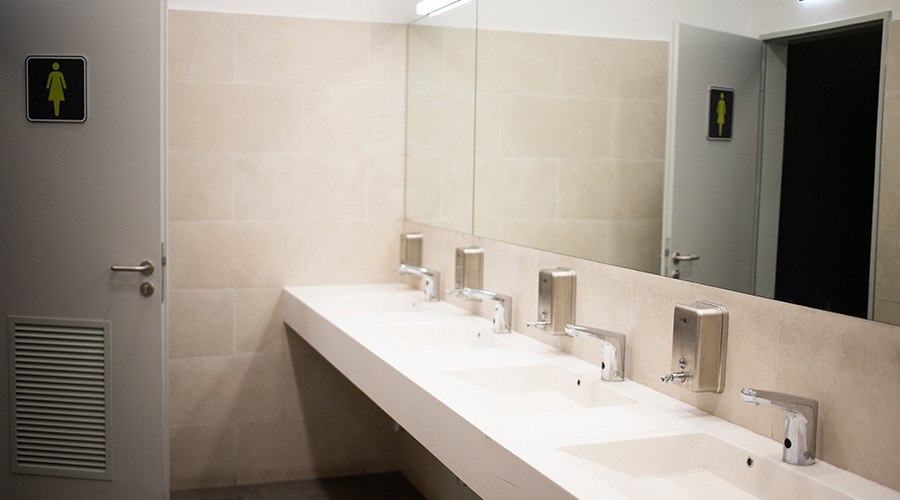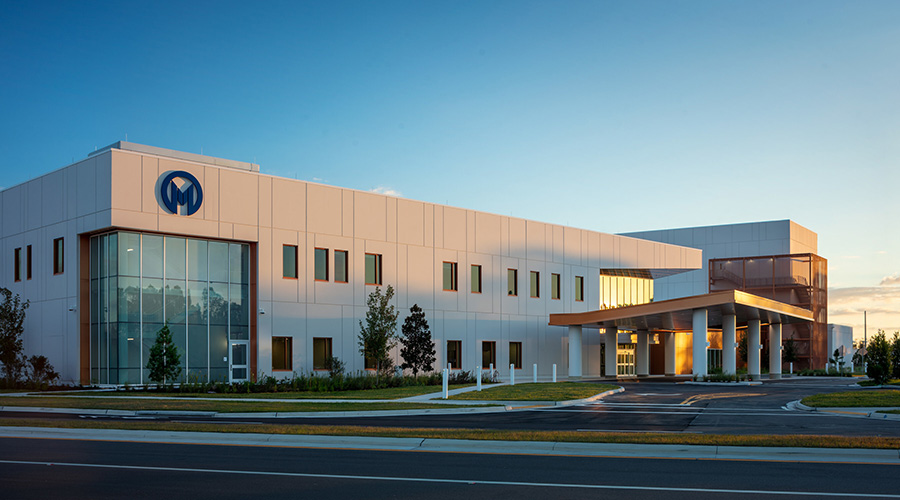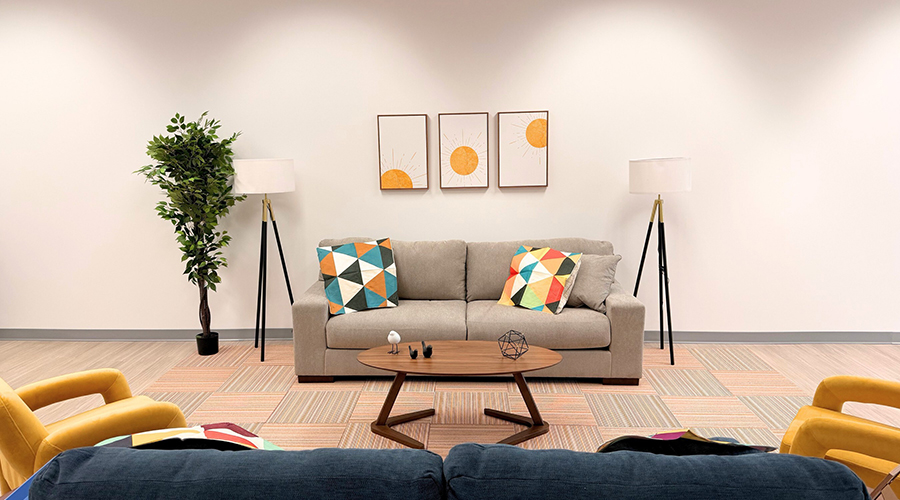Design trends in assisted living facilities are evolving to blend home and hospitality finishes and amenities while using evidence-based design to assess the strategies that actually benefit seniors.
More seniors are staying home for longer, says an article in Healthcare Design, so assisted living facilities are changing their amenities to make the transition from home to institution as seamless as possible.
Trends include providing dining facilities with a restaurant-like feel and which support social interaction, such as a bar, bistro or ice cream parlor. Facility amenities are also borrowing from hospitality with sports facilities, art gallery space, general stores, and on-site health services.
However, designers are recognizing that people don't want to live long-term in a hotel and so must strike a balance between high-end finishes and treatments while still being residential.
Research is also being used to evaluate resident's preferences and needs. According to the article, one study found that color and pattern by themselves are not sufficient wayfinding mechanisms with a senior population, which needs more unique visual cues. A connection to familiar faces has also been found to be important in assisted living.
And unlike assisted living facilities of the past, current designs must be technologically savvy both to support resident's wireless technology needs and electronic medical records.
Read the article.

Design of assisted living facilities shifts to meet boomer tastes, needs
Design trends in assisted living facilities are evolving to blend home and hospitality finishes and amenities while using evidence-based design to refine strategies.
By Healthcare Facilities Today
April 15, 2013
Topic Area: Interior Design
Recent Posts
 What Lies Ahead for Healthcare Facilities Managers
What Lies Ahead for Healthcare Facilities Managers
Staffing shortages, rising regulatory scrutiny and accelerating adoption of AI are converging to reshape the way healthcare facilities are managed.
 What's in the Future for Healthcare Restrooms?
What's in the Future for Healthcare Restrooms?
Workforce shortages, rising hygiene expectations and connected technologies are pushing healthcare restrooms beyond basic utility.
 Hammes Completes the Moffit Speros Outpatient Center
Hammes Completes the Moffit Speros Outpatient Center
The new outpatient center will provide infusion services, clinical space, radiology and radiation oncology.
 The Top Three Pathogens to Worry About in 2026
The Top Three Pathogens to Worry About in 2026
Key viruses to watch out for and how to prevent them.
 Blackbird Health Opens New Pediatric Mental Health Clinic in Virginia
Blackbird Health Opens New Pediatric Mental Health Clinic in Virginia
It offers comprehensive evaluations, therapy and medication management under one roof.